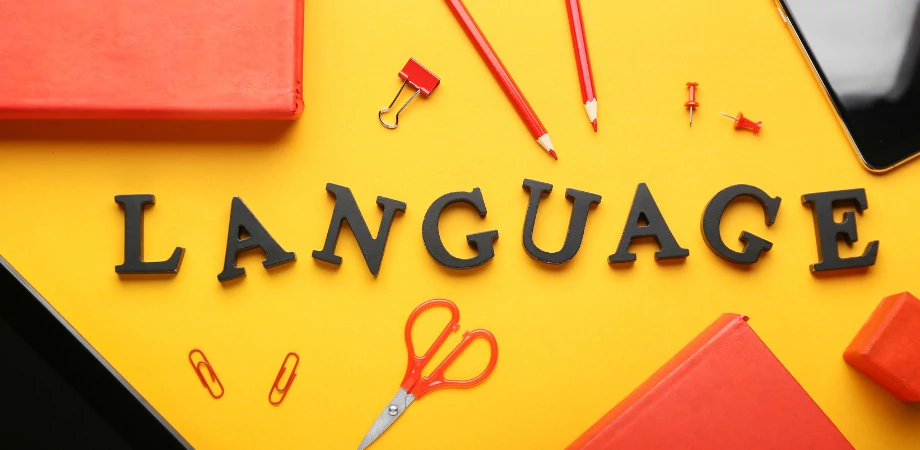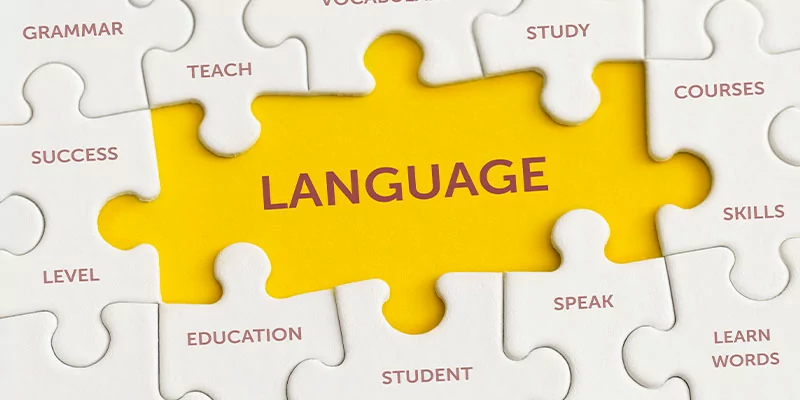We have experienced significant and transformative changes in the last few years. We experienced these changes, especially in our business practices. We’ve discovered new ways of working, thanks to flexible processes and dynamic technology. This has transformed how we serve and collaborate with customers, making it faster and more efficient. Accordingly, translation services have become vital for companies aiming to explore international markets and cater to a broader customer base. The rise of innovative technologies like MT and artificial intelligence (AI)-assisted natural language processing has had a significant impact on translation processes. Simultaneously, the increasing multilingualism of the global population and the demand for high-quality translations have shaped the language sector.
What’s Happening in Recent Years?
Even though translation technology has been around for more than 50 years, its significance has grown with the increasing communication needs of people speaking different languages in our globalized world. According to research, with more than 700 available solutions in language technologies, how can you find the translation tool that meets your needs best?
Above all, MT and AI-powered language processing systems can accelerate the translation process and reduce costs. However, it should be acknowledged that these technologies are not entirely error-free and undeniably require the skills of translators. This also means that these technologies still largely rely on the support of translators. Translators who are going to benefit from these technologies can work faster and more efficiently. And they will be responsible for verifying, correcting, and fine-tuning AI-assisted translations in the language sector.
In recent years of change, communication and collaboration skills have also gained importance in every sector, but it has more importance in the language sector. Translators need to develop the ability to communicate effectively and collaborate with clients, editors, and other language service providers. This way, they can successfully complete translation projects in a quality-oriented and harmonious manner.
MT Begins to Become Popular
MT is an automatic system that efficiently translates large volumes of text without human intervention. It has improved with neural networks and other advancements, making it popular for tasks like website localization and customer support. Factors affecting translation quality include language pairs, subject matter, and preprocessing. Post-editing or human translators can enhance output. When quality matters, human translators are preferred in the language sector. Despite advancements, human translators remain essential for accuracy and completeness in translations.
1. AI-Driven Automation
AI-driven automation in the language services industry is emerging as a significant innovation. This technology enables machines to detect patterns and learn from past experiences, thereby improving translations over time. AI-driven automation allows for the quick and accurate translation of large volumes of text, resulting in time and cost savings in the language sector. AI tools provide data to help customers make better decisions in processing their content, while also offering language service providers more predictable processes for improved time and delivery management.
2. Translation APIs
API stands for Application Programming Interface and enables communication between two applications. The emergence of Translation APIs has been a significant milestone in the field of translation services. These APIs provide developers with a software interface to incorporate machine translation capabilities into their products or programmatically translate localized text. They offer businesses the convenience of adding language support to their applications without the need for custom solutions.
Increased Interest in the Game Industry
When a new game entry to the market, it should be embraced and also played by different countries to be successful. Games might find a lot of gamers all around the world. For a game to be accepted and played by players in different countries, the game language should structure your game. It is also important to the game should be compatible with the language and culture of the countries that it is played. This process involves elements such as translating the game’s language and adjusting cultural references. Successful localization requires collaboration among developers, game designers, translators, localization experts, and others. Localization aims to provide an authentic experience in the game and create an equivalent experience for players anywhere in the world. Localization offers the opportunity to gain a better position in the billion-dollar gaming market in terms of size.
Media Localization Comes to the Scene
Through media localization, which is an effective strategy for adapting media content to different languages and cultures, a product or service can reach international audiences much more easily. Companies find growth opportunities both domestically and internationally by localizing media content into different languages and dialects. The localization of media content facilitates reaching consumers in different countries by taking cultural differences into account, not just through translation. By understanding the expectations, tastes, and aspirations of their target audience, businesses can create engaging, non-intrusive content that is tailored to and aligns with them. In the language sector, working with professional translation service agencies or native translators ensures accurate localization. Media localization supports companies in thinking globally and expanding into different cultures, allowing them to reach a wider audience.

US Health Interpretation Developed the Health Sector
Healthcare interpretation in the US is contributing to significant advancements in the healthcare sector. It holds great importance in overcoming language barriers and enhancing access to healthcare services. Companies operating in this field play an effective role by ensuring accurate delivery of healthcare services.
Healthcare interpretation facilitates patient access to healthcare services and helps healthcare professionals overcome communication challenges. By eliminating language barriers, it enables individuals speaking different languages to understand their healthcare information and communicate effectively. As a result, patient satisfaction, quality, and efficiency of medical service are also improved. The increasing linguistic diversity resulting from factors such as migration and globalization raises the demand for healthcare translation services. Companies operating in this field will continue to meet the needs of the healthcare sector by offering technologically supported solutions.
Future of the Language Sector
Thanks to economic globalization, advancements in technology, and an increasing emphasis on cultural sensitivity, the translation services market and language sector have experienced significant growth in recent years.
Therefore, it is an undeniable fact that the need for translators is growing. Also, it is expected to grow even more in the coming years. Even though the need for translators is increasing, machine translation is much better than it was thanks to significant advances in AI-powered translation tools. As artificial intelligence continues to progress, translation technology in the language sector will become stronger.
However, translation will never be fully automated, as human and machine translation tools have complementary strengths. Basically, it is not a question of whether we will use translation technology in the future, but which technologies we choose to use. It is already evident that the translation industry is evolving towards human-supported artificial intelligence translation.



